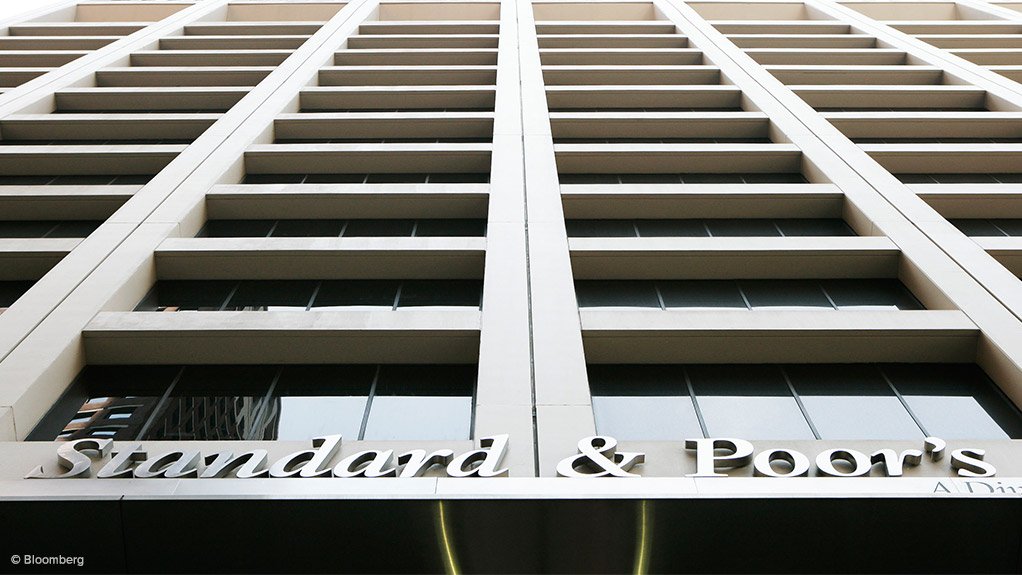
S&P says South Africa needs faster growth to get a better rating
A top S&P Global Ratings official stated on Wednesday that for South Africa to receive its first credit rating upgrade in twenty years, it must achieve realistic fiscal consolidation and quicker economic development.
S&P maintained a “positive” outlook and reaffirmed the sub-investment grade ‘BB-/B’ foreign currency rating during its most recent review of South Africa last month.
According to Ravi Bhatia, director and lead analyst at S&P, a “positive” outlook for sub-investment sovereigns is often resolved within a year, which is the amount of time the company has to determine whether to downgrade or upgrade the outlook.
In November, the S&P expressed optimism about the most developed economy in Africa.
According to Bhatia, three conditions must be met for a rating upgrade: stronger growth, real budgetary consolidation, and the lack of new state-owned company bailouts.
“If the momentum continues – you see slightly better growth, steady fiscal consolidation, and no extra bailouts – the pressure is for an upgrade,” Bhatia said to attendees at the agency’s annual South Africa conference in Johannesburg. “But if growth deteriorates again and fiscal is not under control, we could vote back to stable,” he stated.
“It’s growth and the fiscus,” Bhatia stated, indicating that external risks were not as concerning at the moment.
TARGET INFLATION
A long-seen plan to reduce South Africa’s inflation target range of 3% to 6%, which the central bank has stated is too high and too wide, was also discussed by panelists at the conference.
“A lower inflation objective will result in lower interest rates over the medium-term. “It’s a simpler obstacle for investment,” stated Jeff Gable, Absa Bank’s head of macro and fixed income.
Last month, the central bank published extensive modeling of a lower inflation target of 3%, which it claimed was more appealing to its monetary policy committee than the existing objective of 4.5%.
According to central bank governor Lesetja Kganyago, talks are advanced but the finance minister would need to approve a change to the bank’s inflation objective.
According to Bhatia, the reduction in the cost of government borrowing would be the main advantage of the proposed reform.
“The economy benefits from bringing it down, but this shift must be made carefully. “With foreigners still owning roughly 25% of the bonds, you don’t want capital flight,” Bhatia stated.
All Categories
Recent Posts
Tags
+13162306000
zoneyetu@yahoo.com



